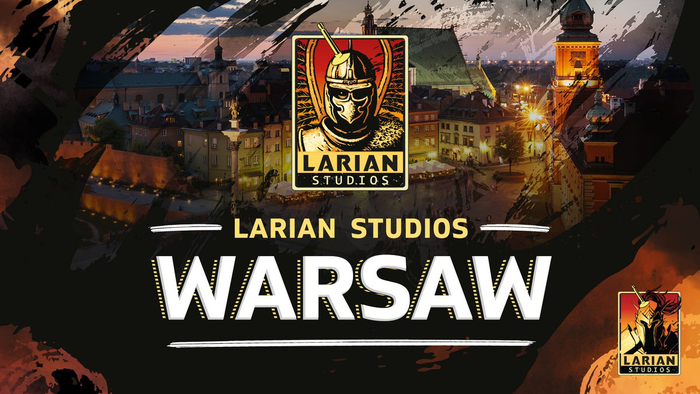Building on the secrets of the past with Pid
Developers behind Bionic Commando: Rearmed discuss how retro platforming returns in the form of Pid, a game that endeavors to challenge the player with precise gameplay that becomes "intuition".

Might and Delight is one of the studios that grew out of the rubble of Bionic Commando developer Grin. Based in a small Stockholm office, the team is currently working on Pid, a 2D console downloadable platformer due out sometime this year. A striking announcement trailer introduced most of the world to the game, and the fact that creative director Jakob Tuchten and producer and technical director Hakan Rasmussen worked on the classic remake Bionic Commando: Rearmed explains the game's pseudo-retro style. Lead programmer Kian Bashiri, meanwhile, may be best known for the snarky 2009 IGF finalist You Have to Burn the Rope. Despite its impressive pedigree, the team hasn't landed a publisher yet. It's not that Might & Delight hasn't tried. Early on, the team, experienced in the ways of publisher, catered development toward getting a game signed. "Most of the time that consumed us was when they asked us, 'can we have a playable, can we see this level, can we see the story, can we see the concepts for this?' It never ended. It just became 'we want to see more, give us more,' and we never signed," says Rasmussen. Since that didn't work, the team decided to completely shift gears, and concentrate on actually producing the game in the style it thought best. "Because we have been independent... we've been able to set up the pipe on how we work in quite a different way, so most of the gameplay is completed," says Rasmussen. "We haven't focused much on the graphics, the details in the levels... Instead, we've just focused on actually nailing down the base components to make sure that it's fun, and it's playable, and it varies in content." "It has to be perfect. Everything has to be perfect and precise before we move on with anything," says Tuchten. He describes Pid as a "hardcore platform game" in which the player will "learn to be better," something he considers "so much more satisfying" than most modern games. Like many indies, Might and Delight looks to the past, but hopes to accomplish something new. When asked what modern games miss from the past, Rasmussen jokes "three lives, then game over." Tuchten is more serious in his reply: "When you dig deeper you won't find an un-tight, modern platforming game." "We're not using the physics engine," says Bashiri. "We're using it for collision detection, but the physics of the game are all hand-tweaked, and that's something that is, to me, very retro." "This is all tile-based ground that we're walking on... that's it. you can count the tiles in every place," says Tuchten. Very retro, but also appreciable: the game is extremely readable and easy to play. Every action is predictable and makes sense, giving the player a clear sense of what they need to accomplish. "Gameplay, that's something that's very retro in our minds -- that you understand perfectly what you're supposed to do, and how to do it," says Bashiri. While Tuchten respects and enjoys modern, story-focused games -- he called out Heavy Rain as an example -- he thinks that focusing on gameplay is key. "None of [our game's story] has any relevance to the gameplay. Gameplay is what we started with," says Tuchten. "Back in the day, they didn't have [narratives and cutscenes] to communicate with the player, so the gameplay was the only thing that stood out, and that was the part of the game they perfected." That gameplay perfection is clear inspiration to Tuchten: "It took forever to perfect this stuff -- the beam, the way things interact, the speed he falls down, the speed you cancel the beam. We don't take any of that stuff lightly," he says. The payoff? Once you get the gameplay simple, readable, and tight, "it's just intuition" to play the game, says Tuchten. The team has a very, very clear vision of what it wants to achieve with the game, which has been a boon to the development process, says Tuchten. "It makes it easy to judge if we're going in the right direction," he says. "The creative process needs to be controlled," he says. Without that, "creative people get together and spawn ideas, and there's no possible way to judge whether an idea is good or bad. You don't have any common ground on what you're trying to achieve." If one thing came out of the demo of Pid and the conversation surrounding it, it's that Might and Delight definitely does.
About the Author(s)
You May Also Like













